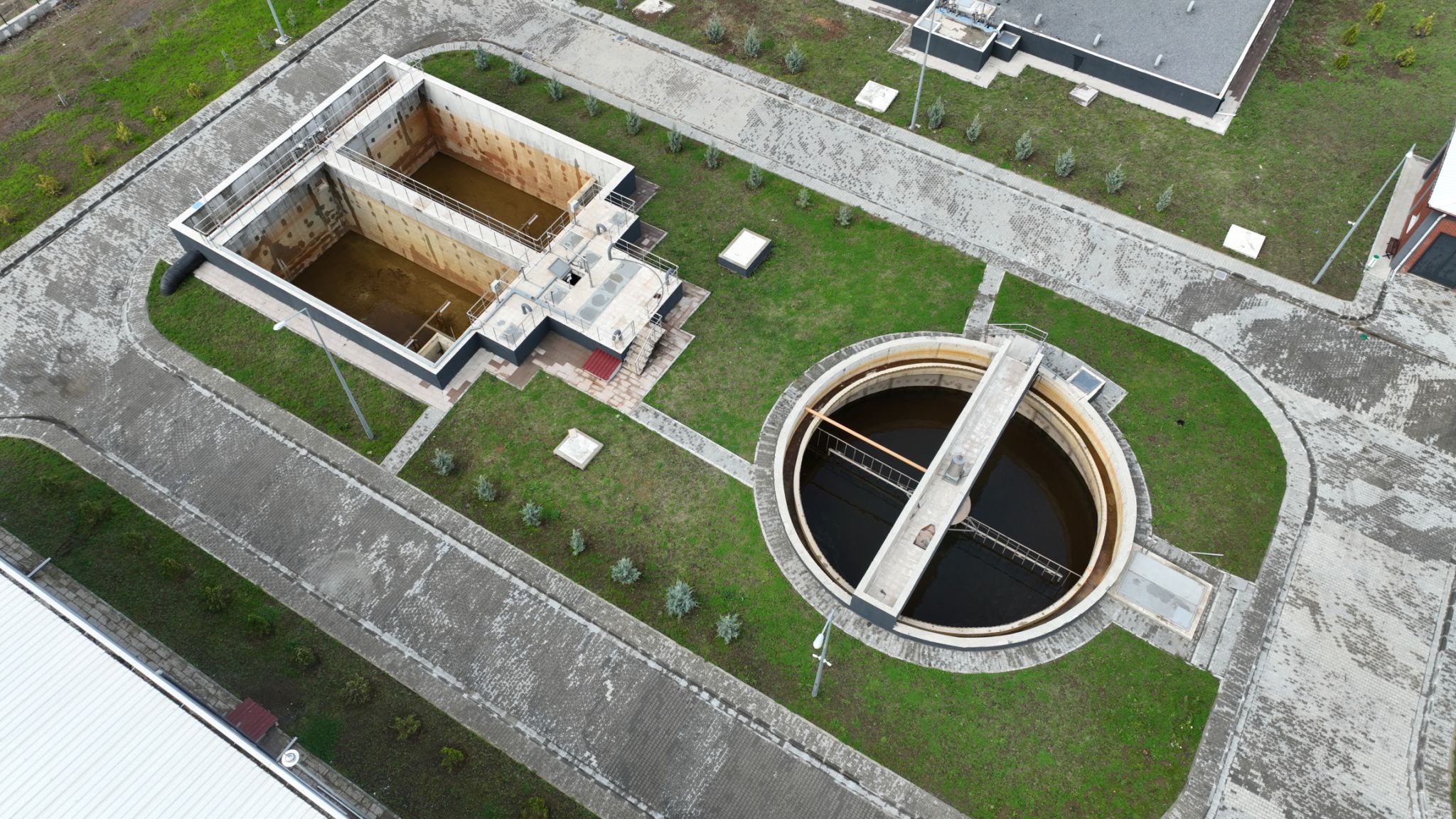Understanding Local Sewer Regulations and Requirements in Connecticut
Introduction to Sewer Regulations in Connecticut
Understanding local sewer regulations is crucial for homeowners, developers, and businesses in Connecticut. These regulations ensure that wastewater is managed safely and efficiently, protecting both public health and the environment. Compliance with these regulations can prevent costly fines and ensure your projects run smoothly.

Overview of State-Level Regulations
The Connecticut Department of Energy and Environmental Protection (DEEP) oversees state-level sewer regulations. DEEP's primary goal is to protect water resources by regulating the discharge of pollutants. They provide guidelines for wastewater treatment, permitting processes, and pollution control measures.
Permit Requirements
Before starting any project involving sewer systems, it is essential to obtain the necessary permits. DEEP requires permits for activities such as the construction or expansion of sewage treatment facilities. The permitting process ensures that all projects meet environmental standards.
Local Municipal Regulations
In addition to state regulations, local municipalities in Connecticut may have their own sewer system requirements. These local regulations can include specific design standards, maintenance requirements, and connection fees. It is important to consult with local authorities to understand these specific requirements.

Connection Fees and Policies
Local municipalities often charge connection fees for new developments or properties connecting to the sewer system. These fees help fund the maintenance and expansion of the sewer infrastructure. Policies regarding connection fees can vary significantly between municipalities.
Environmental Considerations
Connecticut places a strong emphasis on environmental protection in its sewer regulations. Projects must incorporate strategies for minimizing environmental impact, such as using advanced treatment technologies and implementing sustainable practices. Proper waste management reduces pollution and preserves natural water resources.

Sustainable Practices in Sewer Management
Sustainability in sewer management involves adopting practices that reduce energy use and incorporate renewable energy sources where possible. Practices such as water recycling and green infrastructure can also contribute to more sustainable wastewater management.
Conclusion
Adhering to Connecticut's local sewer regulations and requirements is essential for protecting public health, the environment, and ensuring smooth project execution. By understanding both state and local requirements, individuals and businesses can navigate the regulatory landscape effectively. Always consult with regulatory bodies to ensure compliance and stay informed about updates in legislation.
